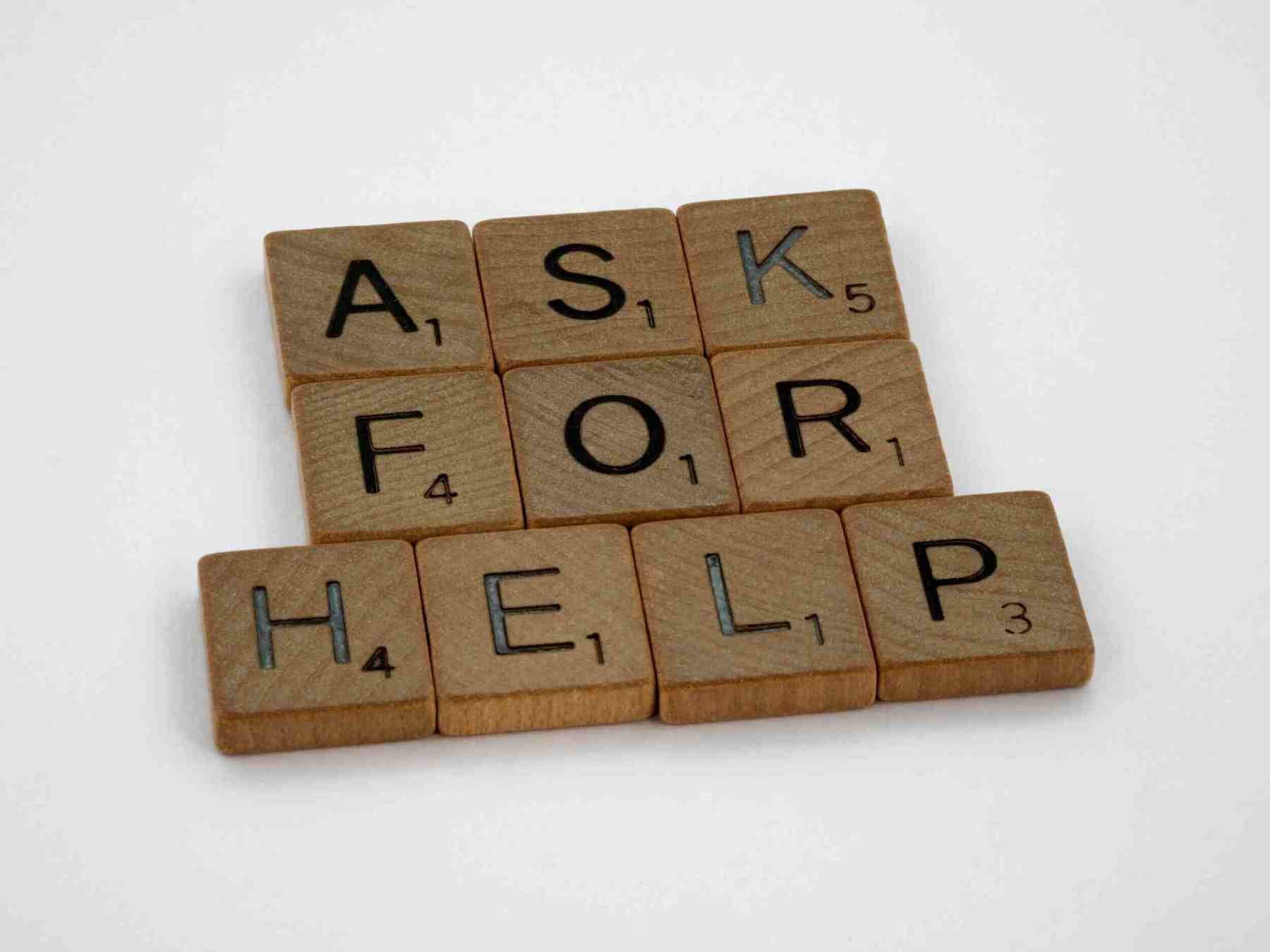Getting Comfortable with Being Uncomfortable: 7 Tips on How to Ask for what you need in your relationship
It can be difficult to ask for what you need in a relationship because it involves a big risk of rejection. It can be hard enough to put yourself out there and show your vulnerability to your partner, but the unknown of what their reaction will be can make it even scarier. It's easy to fear that if you ask for what you need, your partner may not be able to fulfill it or may not be willing to. It's an uncomfortable situation and can result in hurt feelings and disappointment. Therefore, it's understandable why it can be difficult to ask for what you need in a relationship.
Before you start the conversation, it's important to think about what you're looking for and why. Ask yourself how important each need is to you and how much you're willing to compromise. Once you have an understanding of what you need, it's important to explain this to your partner in a respectful and non-confrontational way. Showing respect and consideration for the other person's feelings is essential. When advocating for yourself, express what you need and why rather than demanding it. If your partner is not willing to meet your needs, it may be time to reassess the relationship and whether or not it can continue.
Asking for What You Need in Relationships
Effective communication is the cornerstone of any healthy relationship. It allows individuals to express their emotions, share their needs and desires, and establish mutual understanding. However, asking for what you need in relationships can sometimes feel challenging or uncomfortable. Here are some key strategies to help you navigate this process and cultivate a more fulfilling connection with your partner.
1. Self-awareness
Before you can effectively ask for what you need, it's essential to be clear about your own thoughts and emotions. Take the time to reflect on your needs and identify what is truly important to you in the relationship. Consider journaling, talking with a trusted friend, or seeking therapy to help deepen your self-awareness.
2. Timing and environment
Choose an appropriate time and place for discussing your needs with your partner. Avoid bringing up sensitive topics during heated arguments or when either of you is stressed or preoccupied. Instead, find a calm and comfortable setting where you both can focus on the conversation without distractions.
3. Use "I" statements
When expressing your needs, use "I" statements rather than "you" statements. This approach helps to avoid blaming or coming across as accusatory. For example, say, "I feel overwhelmed when I'm the only one responsible for household chores," instead of saying, "You never help with the housework." This way, you can express your feelings without putting your partner on the defensive.
4. Be specific
Clearly communicate your needs by being specific. Vague statements can lead to misunderstandings or unmet expectations. For instance, instead of saying, "I need more support," you could say, "I would appreciate it if we could set aside some time each week to talk about how we're feeling and offer support to one another."
5. Active listening
Remember that effective communication is a two-way street. Give your partner the opportunity to respond and actively listen to their perspective. Acknowledge their feelings and seek understanding before jumping to conclusions or making assumptions. This demonstrates respect and fosters open dialogue.
6. Compromise and flexibility
Relationships involve a certain amount of give and take. Both you and your partner should be willing to compromise and find a middle ground that meets both of your needs. This may require some negotiation, willingness to change, and the ability to find creative solutions together.
7. Seek professional help if needed
If you find it challenging to express your needs. When it comes to relationships, identifying needs is essential to developing and maintaining healthy communication. Healthy relationships require each partner to be mindful of their own needs as well as that of their partner. This includes discussing and reflecting on needs in terms of feelings, ideas, and actions. Open and honest communication is the key to understanding the needs of both parties. Additionally, both parties should work together to create a mutually beneficial and respectful environment. Reach out to me today and we can discuss your relationship therapy needs and see if I am a good fit for you and your partner.



